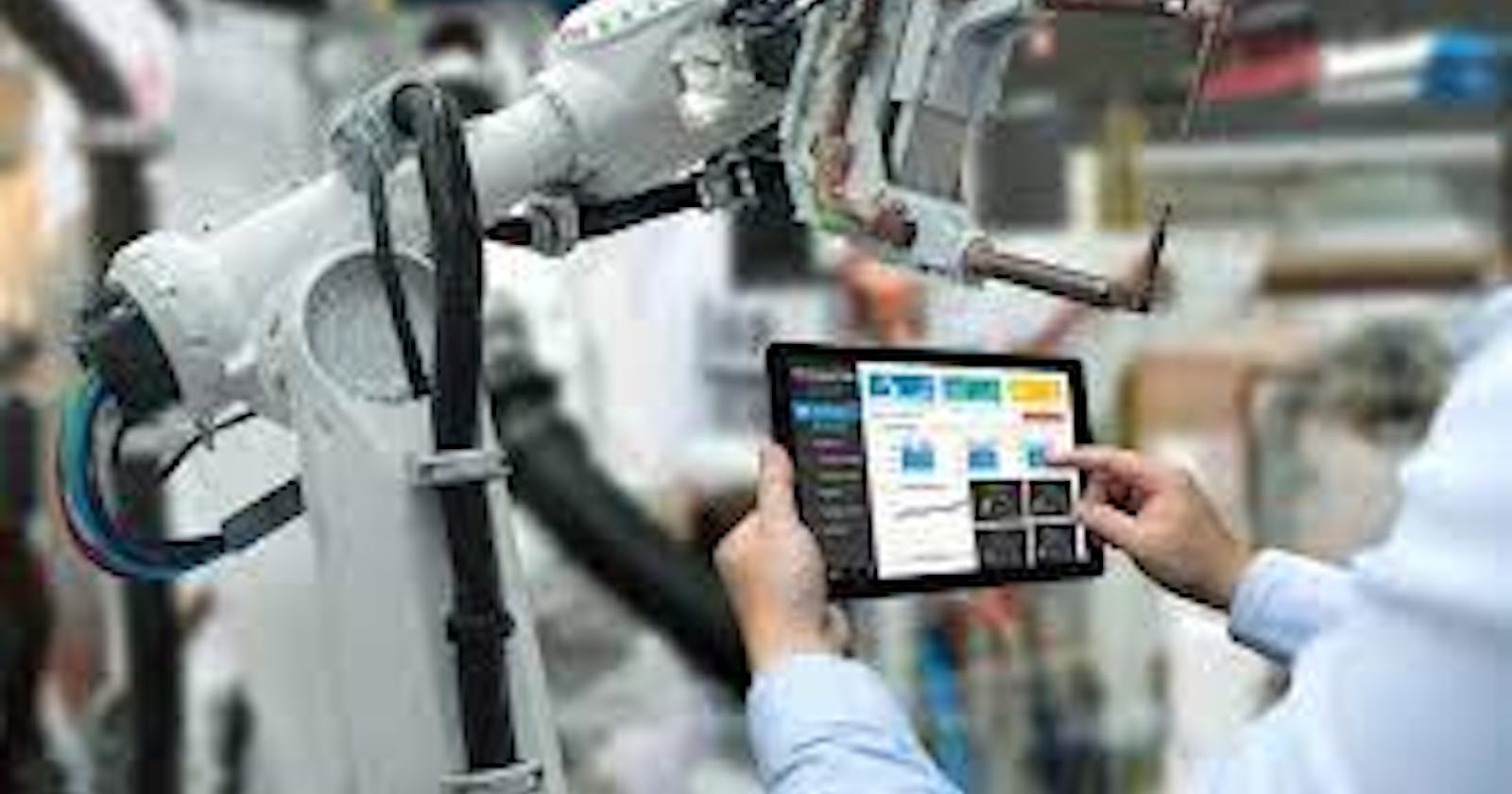For a little bit of context, I would like to share a personal experience of mine.
I currently study Electrical and Electronics Engineering at the University of Lagos and in the near future, I would be looking to specialize in Industrial Process Automation and Industrial Internet of Things (IIoT). It is fair to say that for as long as I can remember, I have always known I wanted to be an engineer. The only question for me was ‘which field of engineering was I going to major in’. In a bid to answer this question, when I was going to fill my application form for the Unified Tertiary Matriculation Examination (UTME), I researched on which field seems to be the future of engineering. Although I could have typed the conventional ‘what is the father of engineering’ prompt on google, I was less concerned about the first engineering field to be and more concerned about what the future holds. After all, I belong to the generation which will sometime in the future lead the world. I read a plethora of articles arguing for various engineering fields that day, however, what that search really did was plant seeds into my heart. These seeds are what has germinated to become the reasons I undertook my course of study. All in all, apart from my problem solving skills, I believe I chose to study my course of study because of the emergence of process automation in every industry which I think has in turn, led to the coming to light of artificial intelligence (AI) across all industries.
In simpler terms, what I realized from my google search that beautiful day is that Artificial Intelligence would be immense. I figured that in the near future, computers will demonstrate a reasonably high level of intelligence, close to what is displayed by humans. If there is a field, where over the last hundred years, machine-automated processes have continued to replace human beings, it would be in the factory. (in industries.) As such, now more than ever, artificial intelligence and industrial automation is experiencing exponential growth.
Today’s industrial organizations, and especially those in capital-intensive industries, stand at a crossroad for opportunity. They recognize the need to reinforce their industrial operations and complex value chains with greater resiliency, flexibility, and agility to respond to shifting market conditions. At the same time, they are investing in autonomous and semi-autonomous artificial intelligence (AI) capabilities to realize their vision of the digital plant of the future. The automotive industry, for example, uses computer vision to avoid accidents and enable vehicles to stay in lane, facilitating safer driving. In manufacturing, one example is the prediction of blade life for self-aware band saw machines, so that users will be able to rely on evidence of degradation, rather than experience, which is safer, will extend blade life and build up blade usage profile to help blade selection.
Industrial Artificial Intelligence is a paradigm that combines data science and artificial intelligence algorithms with software and domain expertise to deliver measurable business outcomes for the specific needs of capital-intensive industries. Discussions around Industrial Artificial Intelligence bring to the front burner Machine Learning. Machine Learning simply refers to the use and development of computer systems that are able to learn and adapt without following explicit instructions, by using algorithms and statistical models to analyse and draw inferences from patterns in data. Of the different types of Machine Learning, the most common is supervised learning, where software is fed with structured data to find patterns and to understand and interpret new observations. In the late 2010s, we saw that machine learning and smart robotics have been found most useful in companies’ deployment of AI.
“Domain expertise is the secret sauce that separates Industrial AI from more generic AI approaches. Industrial AI will guide innovation and efficiency improvements in capital-intensive industries for years to come.” – Willie K. Chan, Chief Technology Officer, AspenTech
Below are a few examples that demonstrate how capital-intensive industries can leverage industrial AI in the 2020s to overcome digitalization barriers and drive greater productivity and efficiency;
• A process plant may deploy an advanced class of Industrial AI-enabled Hybrid Models, drawing on collaboration between data scientist and machine learning experts for more comprehensive and performant models. These hybrid models can be used to optimally design, operate, and maintain plant assets across their life cycles.
• A chemical plant could leverage Industrial AI for yielding real-time insights from integrated industrial data from the edge to the cloud, using Artificial Intelligence of Things (AIoT) to enable agile decision-making across the organization. This can help detect changes in market conditions and automatically adjust the operating plan and schedule in response
• A refinery can use industrial AI to evaluate thousands of oil production scenarios simultaneously, across a diverse set of data sources, to quickly identify optimal crude oil slates for processing.
• A next-generation industrial facility could apply industrial AI as the plant’s virtual assistant to validate the quality and efficiency of a production plan, in real time.
These use cases are by no means exhaustive, but just a few examples of how pervasive, innovative and broadly applicable Industrial AI’s capabilities can be for the industry and for laying the groundwork for the digital plant of the future.
